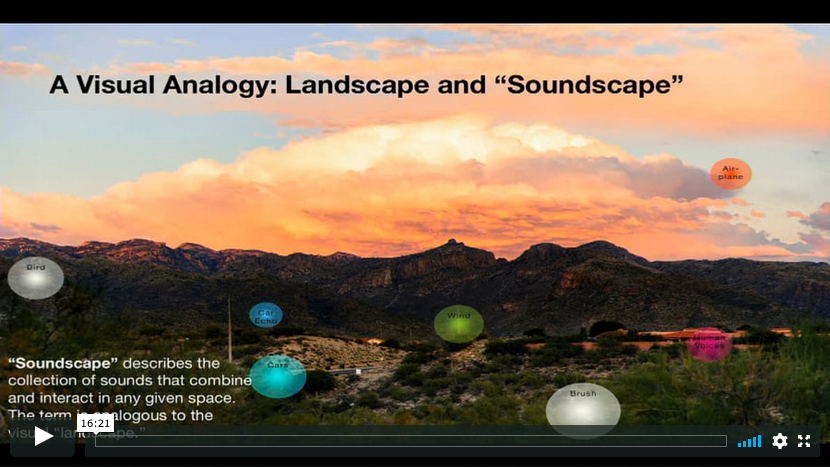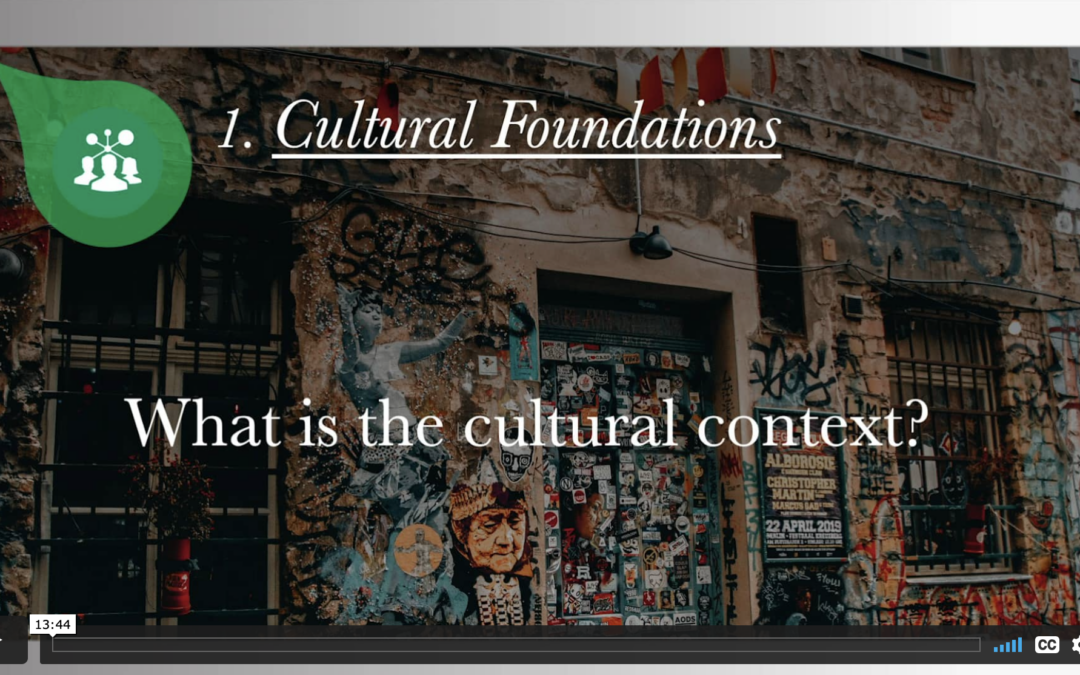In this article, the chairs of EPIC2021 reflect on the idea of Anticipation, and what ethnography reveals to us that may not be readily apparent through other means. Looking backward at the year of planning a conference that was to be focused on the future, the authors describe various revelations...










